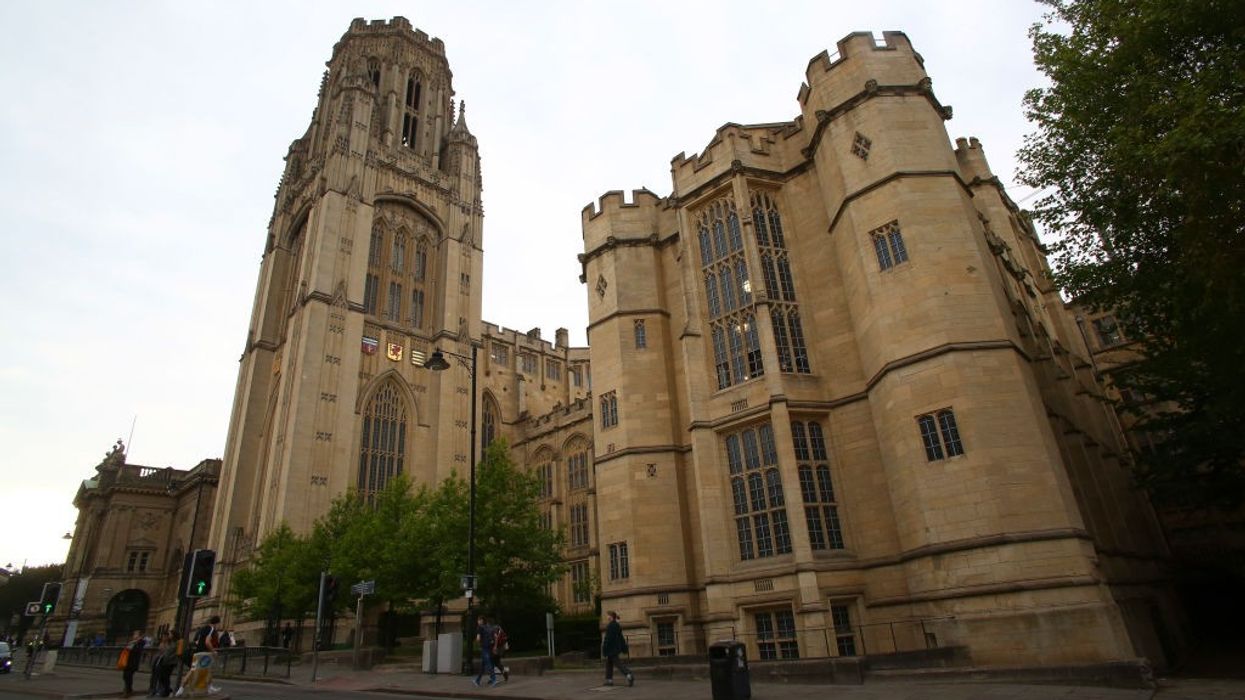BRITAIN's two major universities have banned terms like 'mankind' and 'millennial' to avoid causing offence. These institutions have also decided to replace words like 'manpower' with 'workforce'.
Universities of Bristol and Nottingham have reasoned that these expressions contribute to stigmas and can have negative associations.
However, many called the idea 'ridiculous' as it restricts free speech.
According to reports, Bristol asked to replace the word 'manning' with 'stationed', while 'able-bodied' people should now be called 'non-disabled'.
The 146-year-old university also asked that generational nicknames like 'boomers' and 'millennials' be avoided, media reports said. The institution said that these terms are not easily understood, especially by some international audiences.'
Nottingham University wants to remove phrases such as 'the request fell on deaf ears' or 'blind spot'. It urged to use the term 'older people' while mentioning about people in older age groups, and to avoid using 'senior', 'middle-aged', 'elderly', 'pensioner', 'OAP' and 'senior citizen'.'
While responding to the move, Tory MP Nigel Mills said that free speech really is at risk because of these ridiculous ideas.
Earlier, the University of York faced criticism when it slapped a trigger warning on its Communicating Archaeology module - alerting students they may see images of human remains.
The module – led by Dr Colleen Morgan – warned prospective learners: 'Content Warning: This module occasionally shows images and videos of human remains'.
Andrew Bridgen MP said the warning was 'absurd'.
"If the archaeology students are worried about seeing human remains perhaps they should have considered another course," he was quoted as saying by the MailOnline.
It should be noted that the University of Chester gave a content warning to students reading JK Rowling's first Harry Potter book over difficult conversations about gender, race, sexuality, class, and identity.
Its English Department sounded the klaxon to freshers on its Approaches to Literature module, led by Dr Richard Leahy.
Reports said that the warning came after Rowling's views on transgender rights has seen her criticised from some quarters. A number of schools have distanced themselves from her, even removing her as a house name in some cases.





